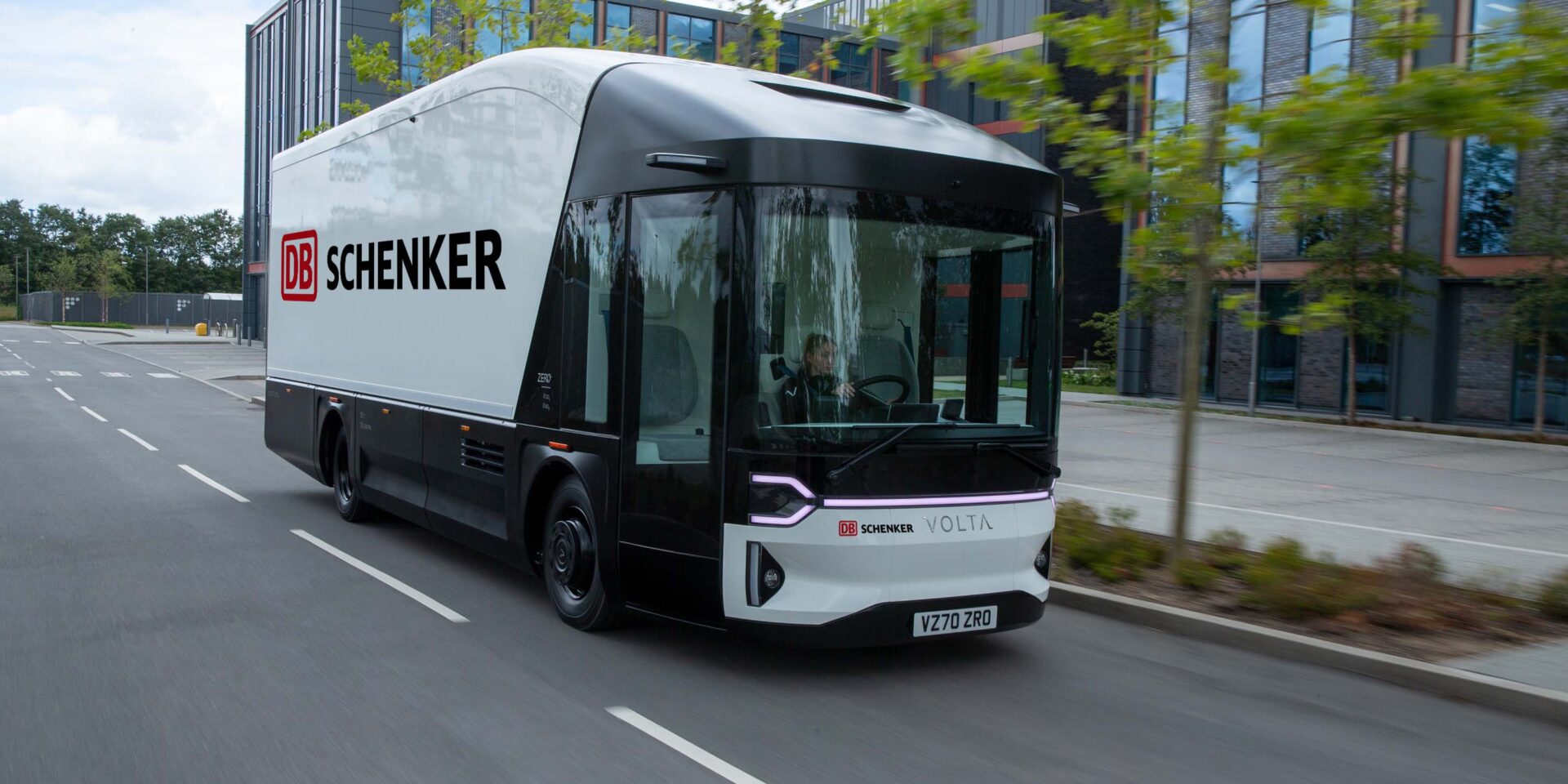Can you tell us a little about yourself, and why you have a personal interest in zero-emissions vehicles?
My role is CSR and Sustainable Development Director for DB Schenker France and Maghreb, where I’m responsible for reducing the external negative externalities, including those related to the “final kilometer” in urban areas. In my former life, I was even a truck driver. That’s why I really enjoy the work that I do, I love the opportunity to co-work with electric truck companies. Transitioning to Zero-emission vehicles reduces air and noise pollution which are needed to achieve European air quality and CO2e objectives.
Why is DB Schenker looking to enter the electric truck space?
The reality is, there is a very serious issue of public health and climate change. The poor air quality will remain an issue in the European Union cities as atmospheric pollution will continue to have a detrimental impact on human health (causing more than 400 000 premature deaths in Europe per year). As set forth by Pierre de Coubertin (founder of the modern Olympics); the recent UN IPCC Report confirmed the human origins of global warming. “Every difficulty encountered must be an opportunity for further progress”. So, we’re very confident in new technology solving this particular issue.
Do you see sustainability, and the decarbonisation of your fleets, as a crucial vector for the business?
Companies like Volta Trucks are at the forefront of the transition to electrification, and DB Schenker sees start-ups rapidly becoming scale-ups, as a very exciting part of the decarbonisation of the sector.
We believe that this technology will create new exciting business opportunities for road transport operators hoping to gain a share of this interesting market. Many manufacturers have announced plans to move their entire product portfolio to electric vehicles (EVs) by 2030 or 2040. We advocate for not waiting too long to jump on the bandwagon – because it is already moving faster and faster. With new pollution-control regulations in Europe and the rest of the world, more and more cities and regions are on the way to adopt Low Emission Zones (LEZs), banning the most polluting lorries, coaches, buses, and taxis from the streets.
Do you see DB Schenker customers looking, increasingly, towards low carbon vehicles?
This is a pressing issue for many of our customers, and one to which we cannot close our eyes. And here the substantial environmental benefit can only be achieved by a significant investment in infrastructure, knowledge, electric technology, and electric vehicles. In the context of the fight against global warming, in which we are engaged, it is the responsibility of everyone and in particular of the companies in our sector. We do not always agree on how we could achieve those objectives, but I think we all know what we want to try and do. For reasons of industrial, commercial, or personal confidentiality, I cannot name names but efforts are already underway in this direction.
What is your analysis of the total cost of ownership (TCO) for EVs in the trucks sector?
We believe that with mass production and a real price after amortisation, the EV will have a lower TCO than diesel trucks.
How do you see charging infrastructure developing for DB Schenker and the electric trucks sector, more broadly?
We see the obligation for us to implement rapid charging stations for cars and trucks, with the right sustainable energy sourcing, in all our branches. The question will even be if we could produce our own electricity thanks to solar panels.
What do you see as important about the Volta Trucks’ Volta Zero 16-tonne battery-electric truck, and Volta’s forthcoming 7.5-tonne, 12-tonne, and 19-tonne models?
Volta is starting from scratch as a pure electric player and that makes the difference. 16 tonnes will correspond to our needs in certain user cases, but we see with interest the upcoming versions in 7.5 Tonnes and 19 tonnes.

